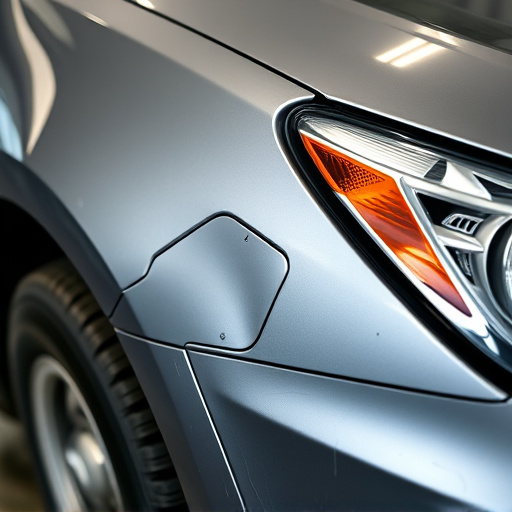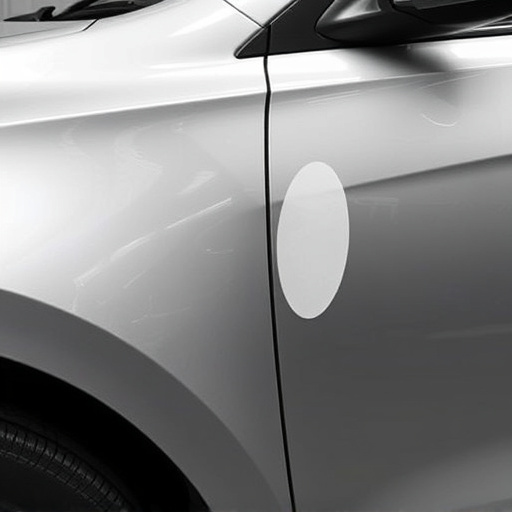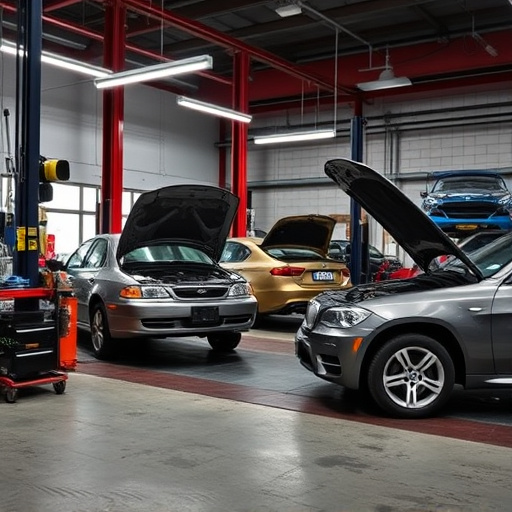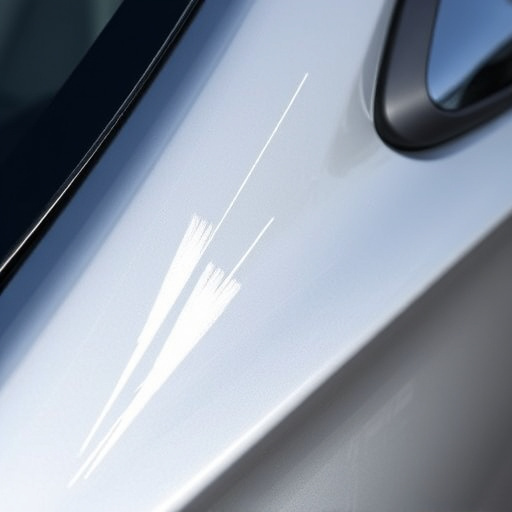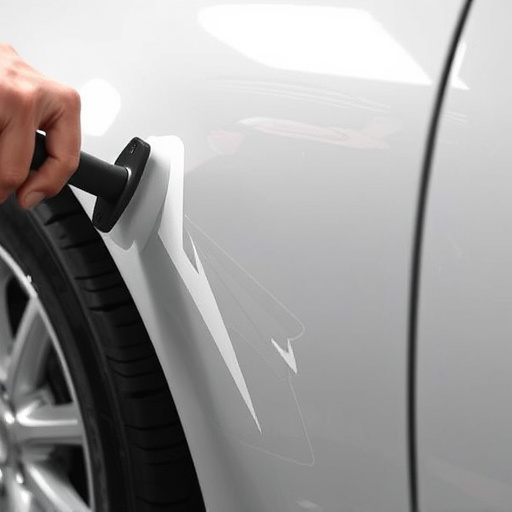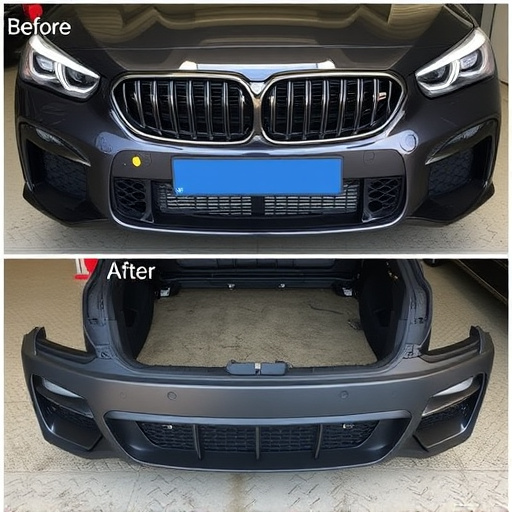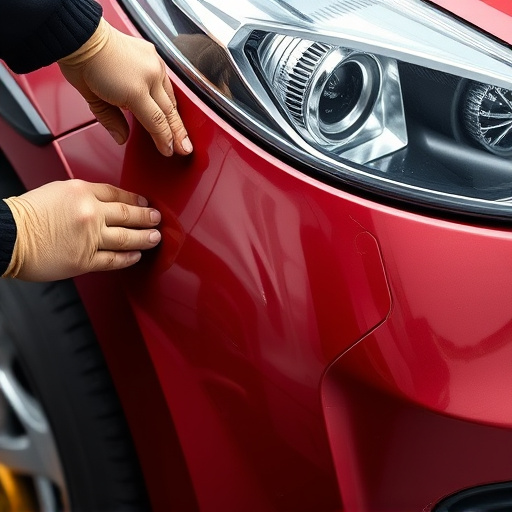Proper Mercedes sensor adjustment is essential for modern vehicle performance and safety. Sensors monitor critical parameters, enabling real-time adjustments to systems like engine and transmission. Regular calibration maintains accuracy, preventing system drift and ensuring optimal vehicle health, reliability, and safety features like anti-lock braking. This proactive approach saves costs and enhances customer satisfaction in luxury brands like Mercedes.
Mercedes vehicles rely on a network of sensors to ensure optimal performance and safety. Regular Mercedes sensor adjustment is crucial to avoid system lag and calibration drift, maintaining vehicle efficiency. This article delves into the functionality of these sensors, provides guidance on adjusting them for peak performance, and highlights the benefits of consistent calibration maintenance. By understanding and practicing proper sensor care, owners can keep their Mercedes running smoothly.
- Understanding Mercedes Sensor Functionality
- Adjusting Sensors for Optimal Performance
- Benefits of Regular Calibration Maintenance
Understanding Mercedes Sensor Functionality
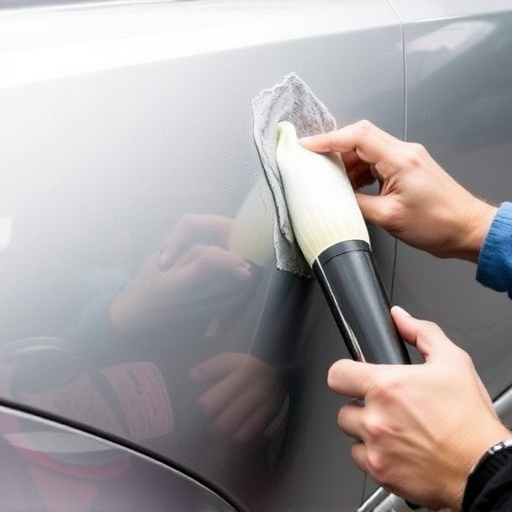
Mercedes sensors are integral components of modern automotive systems, playing a pivotal role in ensuring optimal vehicle performance and safety. These sensors detect various parameters like speed, temperature, pressure, and position, transmitting this data to the car’s computer for analysis. In Mercedes vehicles, precise sensor adjustment is crucial to maintain the precision and efficiency of these systems. A well-calibrated sensor ensures that the vehicle’s computer receives accurate information, enabling it to make appropriate adjustments in real time.
Proper Mercedes sensor adjustment prevents system lag and calibration drift, which can lead to performance issues and unsafe driving conditions. For example, a misaligned speed sensor might send inconsistent data, causing the car’s control units to make incorrect calculations for braking or acceleration. Regular maintenance and adjustment, similar to that required in bumper repair or automotive restoration, help maintain the integrity of the car’s bodywork and ensure that sensors function at peak performance levels.
Adjusting Sensors for Optimal Performance
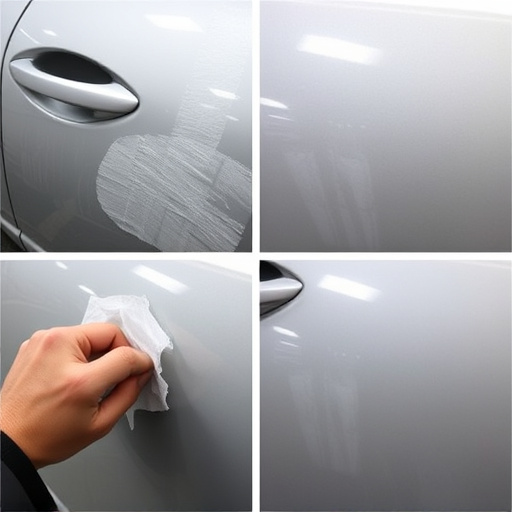
Proper Mercedes sensor adjustment is key to maintaining optimal vehicle performance. Sensors play a vital role in modern cars, monitoring various systems and providing real-time data that helps keep everything running smoothly. Over time, these sensors can drift in their readings or experience calibration issues, leading to system lag and reduced efficiency. To avoid this, regular adjustments are necessary. This process involves fine-tuning the sensor’s parameters to ensure they accurately reflect the vehicle’s current condition.
By adjusting Mercedes sensors, technicians can mitigate issues related to frame straightening, car paint repair, and even visits to a collision center. Precise calibration ensures that the engine, transmission, and other critical systems operate in harmony, maximizing fuel efficiency and performance. This proactive approach not only prevents costly repairs but also extends the life of the vehicle by maintaining its overall health.
Benefits of Regular Calibration Maintenance
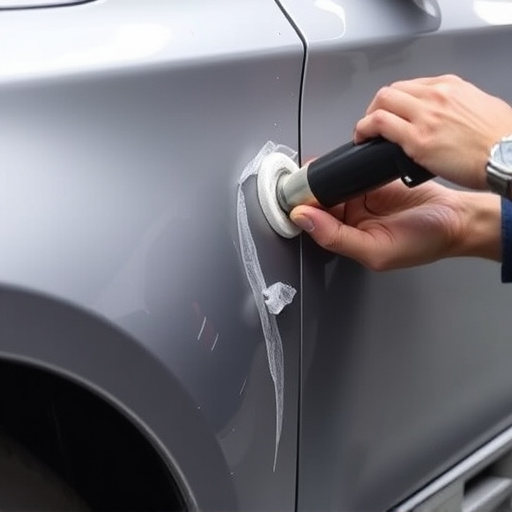
Regular calibration maintenance for Mercedes sensor adjustment offers a multitude of benefits that significantly impact both performance and safety. By consistently calibrating sensors, vehicle systems can maintain peak accuracy in real-time data processing, ensuring crucial functions like anti-lock braking and engine management operate flawlessly. This proactive approach to vehicle repair prevents system lag and calibration drift, which can lead to costly and dangerous malfunctions.
A well-maintained sensor calibration also enhances the overall reliability of the car. It allows for precise adjustments in various systems, including steering, suspension, and airbag deployment. In a vehicle body shop or car repair shop, regular calibration checks are essential to maintain customer safety and satisfaction. This is particularly true for luxury brands like Mercedes, where precision and performance go hand in hand, ensuring every drive remains smooth, safe, and enjoyable.
Mercedes sensor adjustment is a key practice for maintaining optimal vehicle performance and safety. By regularly calibrating sensors, drivers can avoid system lag and calibration drift, ensuring their car’s advanced driver assistance systems (ADAS) function accurately and reliably. This simple yet crucial maintenance step underscores the importance of proactive care for modern cars’ complex sensor networks, ultimately enhancing both driving experience and road safety.
